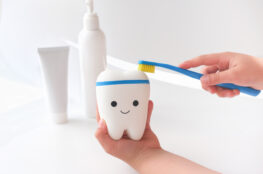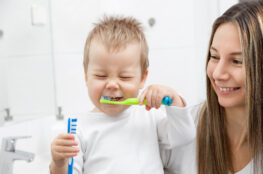It’s a well-known fact that our lifestyle can affect our teeth through consumption of sugary foods and drinks, smoking, not brushing or flossing etc.
However, not many people are aware that they may be damaging their teeth by jaw clenching and teeth grinding during their sleep. This is known as bruxism.
So, what are the causes of bruxism?
Stress is one of the most common causes of bruxism and can occur during the day when a person is placed in stressful situations, but it can also happen at night when we sleep.
Anxiety is another cause of bruxism when people teeth grind and clench their jaw but are unaware that they are doing so.
Substance abuse, sleep apnoea and issues with teeth alignment and bite are also factors which can contribute to bruxism.
What are the symptoms of bruxism?
If you wake up in the morning and your jaw feels tight or your mouth feel sore, this is a sign that you may have been clenching your jaw or grinding your teeth in your sleep.
If you share a bed with a partner, they may notice that you are grinding your teeth at night because of the sound it makes.
Long-term teeth grinding and jaw clenching can lead to earaches and headaches.
Another indication that someone may be suffering from bruxism is if they have uneven tooth wear, usually around the back molars.
What is the treatment for bruxism?
If you are showing any symptoms of bruxism, it’s important to visit your dentist. They will be able to examine your teeth and jaw for signs of grinding or clenching.
Once diagnosed with bruxism, your dentist will prescribe a mouth guard to help prevent your teeth from grinding whilst you sleep, and it will act as a barrier if you are clenching your jaw at night.
Using a mouth guard to help treat bruxism will also help you feel refreshed from your night’s sleep and prevent jaw pain or tightness.



